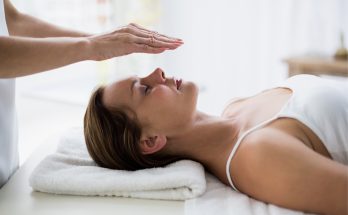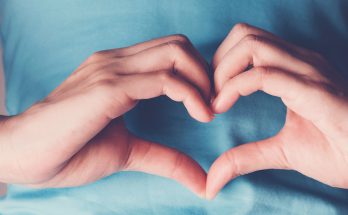The phrase “I’ll sleep when I’m dead” is so… pre-covid-19. Sleep deprivation does not lead to good outcomes. For decades I felt chronically exhausted, starting from high school when I was “pulling all-nighters,” and continuing on into adulthood, trying to finish photo projects on the computer late into the night after putting my young children to bed. I thought mothers were supposed to be totally fatigued and that I was just extra weak. Sound familiar?
Enter the Biohackers
In the past couple of years, I have learned some tricks from “biohackers”, people who are trying to optimize their health with an eye toward how humans adapted to life on earth in the first place, called “ancestral health.” I invite you to open your mind and give at least one of these sleep hacks a try.
Eliminate Weekend Lag
Good sleep doesn’t just mean just getting more sleep, although that’s certainly a solid first step. The key is to keep your bedtime roughly the same every night, whether it’s a weekday or a weekend. Going to bed late on Fridays and Saturdays will throw your system off in a kind of weekend-induced jet lag.
The best way to reset your clock is to match your waking rhythms to the cycles of light and dark as much as possible, and the hacks within this hack are many:
Get Morning Sun
There is something about getting up in the morning with the sun. The birds, bees, and squirrels do it, and so do our pets, but we tend to want to stay curled up in bed. This is largely because we stay up too late, defying the laws of nature by using artificial light. If you can’t wake up at sunrise and go to bed at sundown, at least you can get up as close to sunrise as possible and let that morning sun into your eyes and onto your skin. The sun has the highest percentage of healing infrared light at sunrise, and if you can get some of these rays, you’ve won the golden ticket: This spectrum of light sets your circadian rhythm for the day via the eyes and skin.
Minimize Artificial “Blue” Light at Night
Obviously, eschewing any light after sunset, especially in the winter, is close to impossible in our modern lives. But it’s the artificial light we (ab)use at night that kills our melatonin production and stimulates us to stay awake. Some biohackers have fire pits in their gardens to enjoy the orange flames of fire at night. They are avoiding the blue and green cast which comes from most LED and fluorescent bulbs, and, most notably, our screens. The bluish color temperature of the screens on our phones, ipads, televisions, etc. send our circadian clock the signal that it’s noon, even if it’s 9 o’clock at night. No wonder no one can sleep at night. A few ways to reduce the blue light at night, other than using candles and fireplaces, try installing red, yellow, or orange incandescent bulbs or low-flicker LED lights with a warm cast.
Wear Blue Blocking Glasses
You can tell a biohacker by his orange-tinted glasses. These are used to essentially block the blue and green cast coming from artificial light, especially at night. On Amazon you can find the $7 sixth grade science class goggles in amber. Or you can go chic with a pair of “blue blockers” that look more like glasses, with varying shades of yellow and orange. You can also get the gamer look with a pair of red-tinted glasses. I use these at night when it’s close to bedtime. These block all semblance of blue and green. I would not drive in these! You can even go stealth with clear-tinted glasses, but make sure they cover the 455 nanometer blue part of the spectrum. The flicker of our screens is another stimulation to our eye and brains that will keep us awake.
Optimize Your Sleeping Environment
To help you go to sleep and stay asleep, make your room as dark as possible, covering up those pesky appliance lights with black tape and using blackout curtains on the windows. The job of our sleep hormone, melatonin, is interrupted by light during the dark hours of the night. Keep melatonin employed by shutting out extraneous light until morning. Avoid sleeping next to your cell phone or even a cordless phone. Move these out of the bedroom. If you need it on and overnight for whatever urgent reason, then place the phone as far away from you in the room as possible.
No Extra Stimulation
Just like you wouldn’t drink an espresso at bedtime, don’t make phone calls at night and turn the wifi off. You can use a timer to ensure you do not forget, or better yet, use Ethernet cables. Then you won’t need the wifi signal at all. Instead of knocking out one more email before bedtime, try reading a real paper book.
Good sleep doesn’t just come overnight. Rather it is a series of habits that will help you shape the quality of your sleep over time, for yourself and possibly for others.



